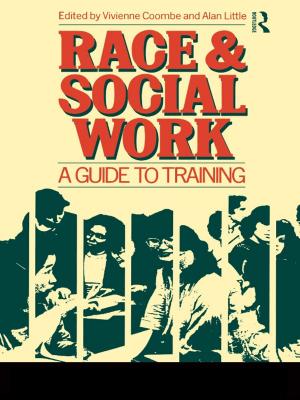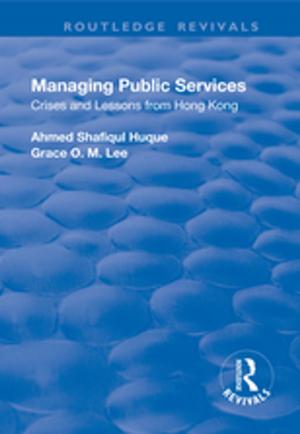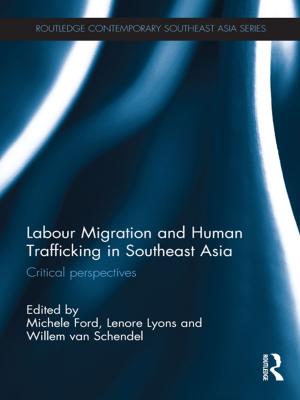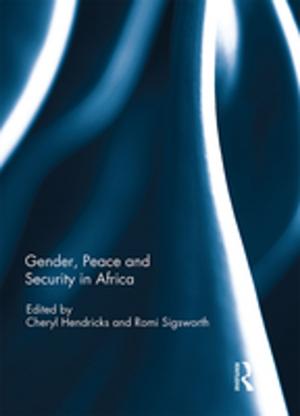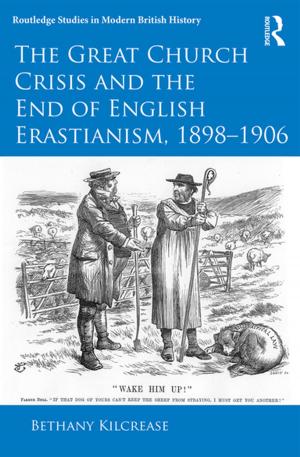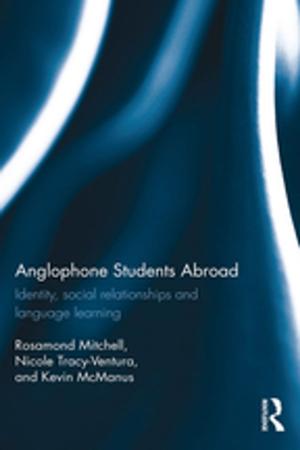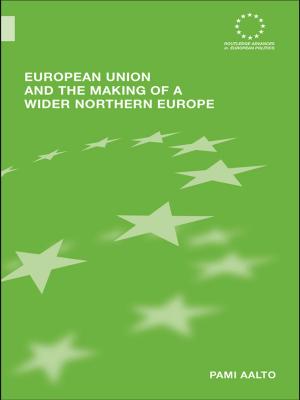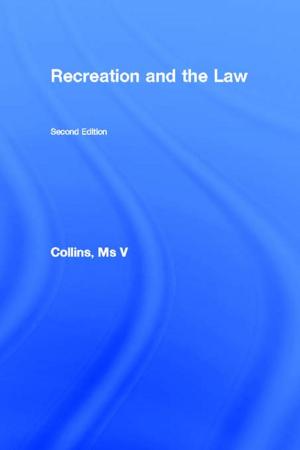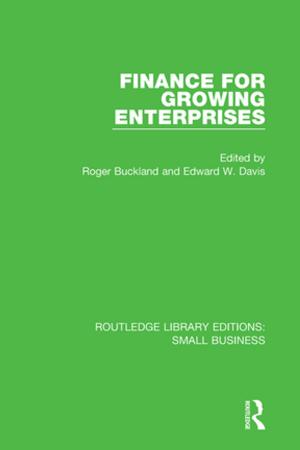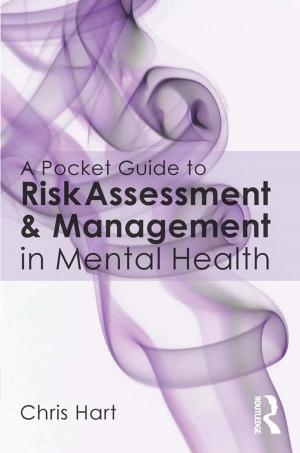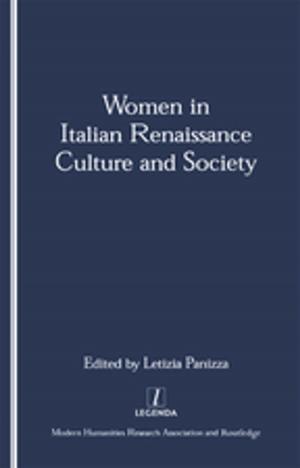Black Star Over Japan
Rising Forces of Militarism
Nonfiction, History, Asian, Japan, Social & Cultural Studies, Social Science, Cultural Studies, Ethnic Studies, Reference & Language, Reference| Author: | Albert Axelbank | ISBN: | 9781136928055 |
| Publisher: | Taylor and Francis | Publication: | November 1, 2010 |
| Imprint: | Routledge | Language: | English |
| Author: | Albert Axelbank |
| ISBN: | 9781136928055 |
| Publisher: | Taylor and Francis |
| Publication: | November 1, 2010 |
| Imprint: | Routledge |
| Language: | English |
The Japanese are the only people in the world who have experienced the horror of nuclear weapons with their own flesh. Atomic holocaust was followed by American occupation and the American-inspired, postwar Japanese ‘Peace Constitution’ which explicitly outlawed Japanese military forces and the use of war as an instrument of state policy. At the time of original publication the author argued that contemporary forces within Japan were combining to create a strong movement for revision of the constitution and for the acquisition of nuclear weapons by renewed and powerful military establishment. The American government, which had encouraged rearmament, was beginning to wonder about the world effect of an economically powerful rearmed Japan and was weighing the consequences of considering Japan its only major ally in East Asia. Albert Axelbank suggests that shifting international politics and the conservative momentum in Japan make revision of the constitution and the development of Japanese militarism and nuclear weapons almost inevitable.
The Japanese are the only people in the world who have experienced the horror of nuclear weapons with their own flesh. Atomic holocaust was followed by American occupation and the American-inspired, postwar Japanese ‘Peace Constitution’ which explicitly outlawed Japanese military forces and the use of war as an instrument of state policy. At the time of original publication the author argued that contemporary forces within Japan were combining to create a strong movement for revision of the constitution and for the acquisition of nuclear weapons by renewed and powerful military establishment. The American government, which had encouraged rearmament, was beginning to wonder about the world effect of an economically powerful rearmed Japan and was weighing the consequences of considering Japan its only major ally in East Asia. Albert Axelbank suggests that shifting international politics and the conservative momentum in Japan make revision of the constitution and the development of Japanese militarism and nuclear weapons almost inevitable.

